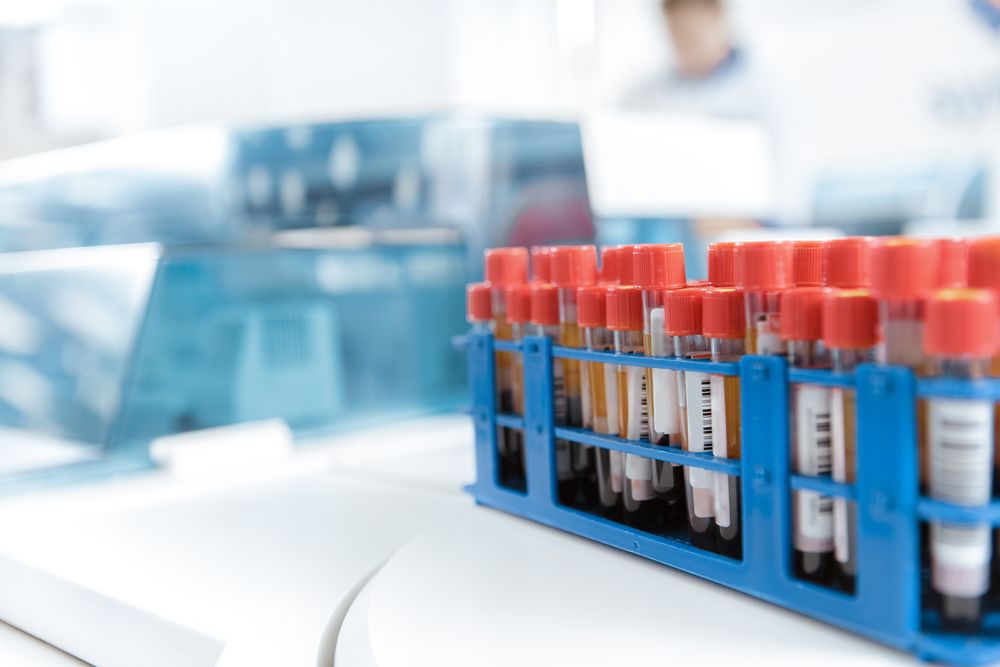Bacterial Infections: Symptoms, Causes, Treatment & Prevention

Bacterial infections are a common health concern that can affect various parts of the body, leading to discomfort and, in severe cases, significant health issues. Understanding these infections, their symptoms, causes, treatment options, and preventive measures is crucial formaintaining good health . This comprehensive guide will provide you with detailed information on bacterial infections, helping you stay informed and proactive about your health.
Table Of Content
- Understanding Bacterial Infections
- Common Types of Bacterial Infections
- Symptoms of Bacterial Infections
- Causes of Bacterial Infections
- Diagnosis and Treatment
- Prevention of Bacterial Infections
- Conclusion
Understanding Bacterial Infections
Bacterial infections occur when harmful bacteria enter the body and multiply, causing illness. Bacteria are microscopic, single-celled organisms found almost everywhere, including on our skin, in our gut, and in the environment. While many bacteria are harmless or even beneficial, pathogenic bacteria can cause disease.
Common Types of Bacterial Infections
Bacterial infections can affect various body parts, leading to different types of infections. Some of the most common include:
- Respiratory Infections: These include pneumonia, bronchitis, and sinusitis. They often cause symptoms like coughing, difficulty breathing, and chest pain.
- Skin Infections: Conditions like cellulitis, impetigo, and folliculitis fall into this category. They can lead to redness, swelling, and pus-filled lesions on the skin
- Gastrointestinal Infections: Food poisoning, gastritis, and bacterial gastroenteritis are common types. Symptoms usually involve nausea, vomiting, diarrhea, and abdominal pain.
- Urinary Tract Infections (UTIs):These infections affect the bladder, urethra, or kidneys, causing symptoms like frequent urination, burning sensation, and lower abdominal pain.
- Sexually Transmitted Infections (STIs):Bacterial STIs such as chlamydia and gonorrhea can cause genital pain, discharge, and other reproductive system issues.
Symptoms of Bacterial Infections
Recognizing the symptoms of bacterial infections is essential for early diagnosis and treatment. While symptoms can vary based on the type of infection and the affected body part, there are some general and specific symptoms to be aware of.
General Symptoms
- Fever One of the most common signs of bacterial infection, a fever indicates that your body is fighting off an infection.
- Fatigue: Feeling unusually tired or exhausted is a common symptom. Chills and Sweating: These symptoms often accompany fever and indicate an ongoing infection
- Loss of Appetite: Many people with bacterial infections experience a reduced desire to eat.
Causes of Bacterial Infections
Understanding the causes of bacterial infections can help in taking preventive measures. Bacteria can enter the body through various routes, leading to infection.
Bacteria can spread through:
- Person-to-Person Contact: Direct contact with an infected person can transfer bacteria.
- Contaminated Food or Water:Consuming food or water contaminated with bacteria can lead to gastrointestinal infections.
- Insect Bites: Some bacteria are transmitted through insect bites, leading to infections like Lyme disease.
- Environmental Exposure: Bacteria present in soil, water, or surfaces can cause infections when they enter the body through cuts or mucous membranes.
Common Bacterial Pathogens
- Streptococcus: Causes infections like strep throat, scarlet fever, and cellulitis.
- Staphylococcus: Responsible for skin infections, food poisoning, and toxic shock syndrome.
- Escherichia coli (E. coli): Can cause food poisoning and urinary tract infections. Mycobacterium tuberculosis: Causes tuberculosis, a serious respiratory infection.
Diagnosis and Treatment
Accurate diagnosis and timely treatment of bacterial infections are crucial to prevent complications. Medical professionals use various methods to diagnose and treat these infections effectively.
Diagnosis
- Medical History and Physical Examination:Doctors review your medical history and perform a physical exam to identify symptoms and potential causes
- Laboratory Tests: Blood tests, urine tests, and cultures help identify the specific bacteria causing the infection.
- Imaging: X-rays, CT scans, and MRIs can help diagnose internal infections and assess their severity.
Treatment Options
- Antibiotics: These medications are the primary treatment for bacterial infections. It's essential to complete the entire course as prescribed to ensure the infection is fully eradicated and to prevent antibiotic resistance.
- Symptomatic Treatment: Pain relievers, fever reducers, and hydration are often recommended to manage symptoms.
- Hospitalization: In severe cases, such as extensive infections or those affecting vital organs, hospitalization may be necessary for intensive treatment.
Prevention of Bacterial Infections
Preventing bacterial infections involves adopting healthy practices and being mindful of hygiene and safety measures.
Personal Hygiene Practices
- Handwashing: Regularly washing hands with soap and water is one of the most effective ways to prevent the spread of bacteria.
- Proper Wound Care: Clean and cover cuts and wounds to prevent bacteria from entering the body.
Vaccinations
- Importance of Vaccines: Vaccines play a critical role in preventing certain bacterial infections.
- Common Vaccines: Vaccines for pneumococcal disease, meningococcal disease, and tetanus are important preventive measures.
Healthy Lifestyle Choices
- Balanced Diet:Eating a diet rich in fruits, vegetables, and whole grains supports a healthy immune system.
- Regular Exercise: Physical activity boosts overall health and immunity.
- Adequate Sleep: Ensuring sufficient rest helps the body fight off infections.
- Stress Management:Reducing stress through relaxation techniques and mindfulness can improve immune function.
Safe Practices
- Food Safety:Properly cooking and storing food reduces the risk of bacterial contamination.
- Avoiding Close Contact: Keeping a safe distance from infected individuals helps prevent the spread of bacteria.
Conclusion
Bacterial infections, while common, can lead to serious health issues if not properly addressed. By
understanding their symptoms, causes, treatment options, and preventive measures, you can take
proactive steps to protect your health. Remember to maintain good hygiene, stay informed about
vaccinations, and seek medical advice promptly if you suspect an infection. Staying vigilant and
informed is key to preventing and managing bacterial infections effectively.
For those looking for convenient and affordable infection testing,Asto Labs offers infection tests
that can be taken from the comfort of your home. By incorporating these practices into your daily
routine, you can reduce the risk of bacterial infections and promote overall well-being. Share this
information with others to help raise awareness and foster a healthier community.





